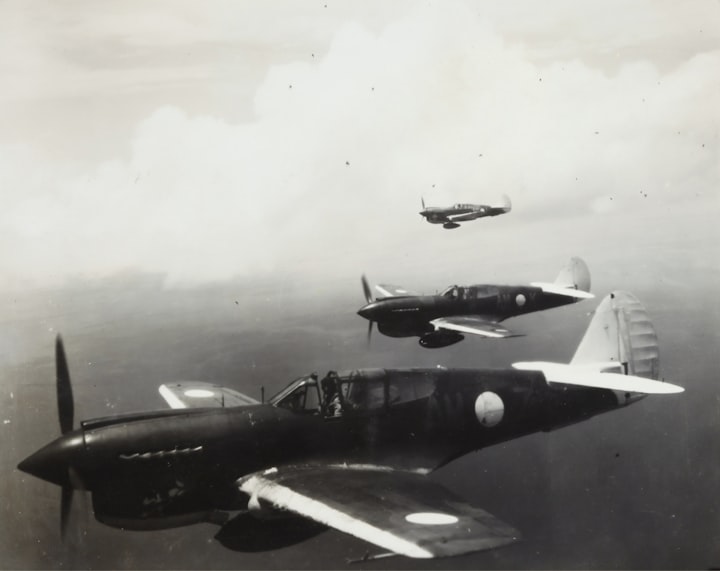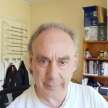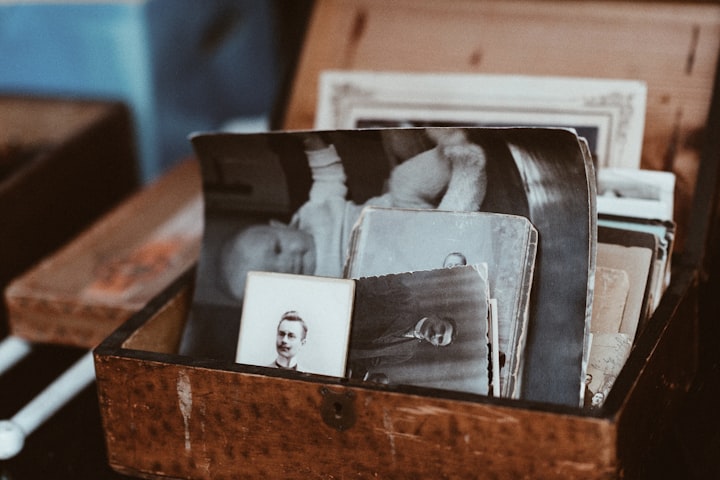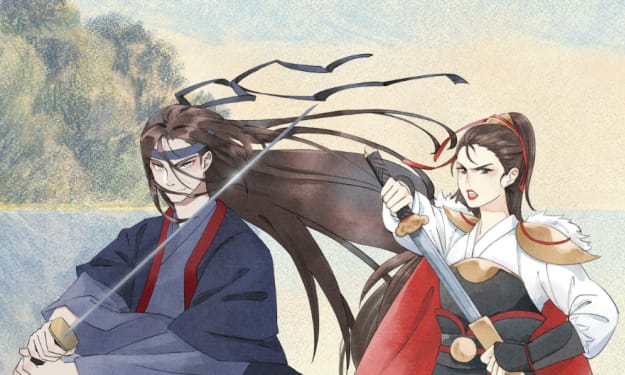Lesson learned from my father
Why he would recognize Hitler's sad legacy

To tell my story, I must pay homage to a painful past, to a time when the world found itself in the thralls of hatred and division. The history I speak of does not even belong to myself. It belonged to my late father, a professional actor by trade and psychological refugee of the past. While my father never faced the horrors of the Nazi concentration camps, the loss of his parents at the hands of Hitler's regime resulted in deep scars that would accompany him through the day. His memories were like a silent personal assistant whose primary task was to remind him of the parents and family he had lost at Auschwitz. A fuller description is necessary to understand the quiet legacy that he would bring to each of his relationships. My father was born in Berlin, Germany, in1926. At that time, the threat posed by fascism was believed to be inconsequential. The conscience of Germany's voters would allow the destructive tendencies to ravage the country. People of conscience would never permit the rantings of the Nazi party to determine the country's fate. That was the belief at the time, a form of psychological denial, passionately embraced by intellectuals and more than a few historians. The country's cultural life gave little indications of its apocalyptic future. A free press still existed.
Cabaret performers mocked the fascist tendencies of those who identified with the socialist movement. Performers performed in risqué costumes, designed to titillate and amuse. My father's parents did not attend such. Clubs, or if they did, my father made no mention of them. Decadent night clubs appeared to hold little interest for my father's parents. His father found himself drawn to theatrical endeavors. The patriarch of the Heinz family would make mark his mark as an actor and theatrical producer. On occasions, my father would reference the dramatic festivals that would take place in Salzburg. When speaking of his father's work at such festivals, the veil of grief that I always associated with my father would lift. At such moments it was possible to hints of his father's passion.
Further research into his story allowed me to understand how his father was able to maintain an optimistic view of the future. He was a working actor, a performer, residing in a country that still respected and even financially supported the arts. He associated with theatrical luminaries such as the German director and producer Max Rhinehart. Because my father rarely mentioned his biological mother, it was impossible to interpret how she perceived the events of the time. Did she share her husband's resolute optimism? Did she like many women of the time elect to keep her growing fears to herself? These are questions that I would never be able to solicit any answer from my father.
The walls of his grief proved resolute and impermeable. I could only speculate on how each of them might have reacted as Germany came to embrace the Nazi movement in a desperate bid to escape a pervasive sense of helplessness and impotent rage. I could only imagine the look of horror on the faces as the Nazi regime passed laws that gutted the foundations of their lives. My father's reserve suggested that when the Nazis came to evict my father's parents from their own house that his parents had sought to face the ordeal with courage and dignity. I had no proof that either of them possessed such strength of spirit. I based my speculation on the power of my father's artistic vitality, a force that had allowed him to forge a professional career in an unforgiving and ruthless profession. He had survived the loss of his parents and the experience of being psychologically orphaned at the age of ten. The memory of his mother's tears as she bid her children Farwell on the Berlin train station remained etched in his mind. I like to think the image comforted him, that it gave him strength as he acclimated himself to an unfamiliar country. I tell myself that he drew from the heritage of both of his parents.
His parents' collective strengths would be needed as he sought to adapt to the cultural demands of First Ireland, and then the United Kingdom. I have no that he drew from the totality of his parent's gifts. How else could he have built an artistic career that spanned three continents and a plethora of professional and distinguished? His odyssey would come to an end in September of 2020. Like Shakespeare's Falstaff, his body would succumb to the ravages of age and multiple health conditions that had become increasingly debilitating. His passing brought forth the usual introspection that people associate with the passing of a relation. I wondered. Had he lived; would he have recognized the re-emergence of nationalized hatred. Would Trump's pernicious rallies have reminded him of the night of Kristallnacht? If he heard the ranting of Trump's supporter, railing at the existence of immigrants, would he mistake them for Hitler's notorious brown-shirted thugs? Admittedly at the time of my father's death, we were not close. Neither of us had found the courage to address the unresolved issues that prevented a loving relationship. Yet I am confident that my late father would have recognized Trump's rancid pitch for what it is, an endorsement of a heinous philosophy, one that would result in the death of my father's parents and over six million Jews.
About the Creator
frederick Hurst
15 years ago I came to the bay area to undertake a Ph.D in psycology. I am pleased to say I was able to complete the degree, and along the way developed a practice as a singer, actor and writer.






Comments
There are no comments for this story
Be the first to respond and start the conversation.